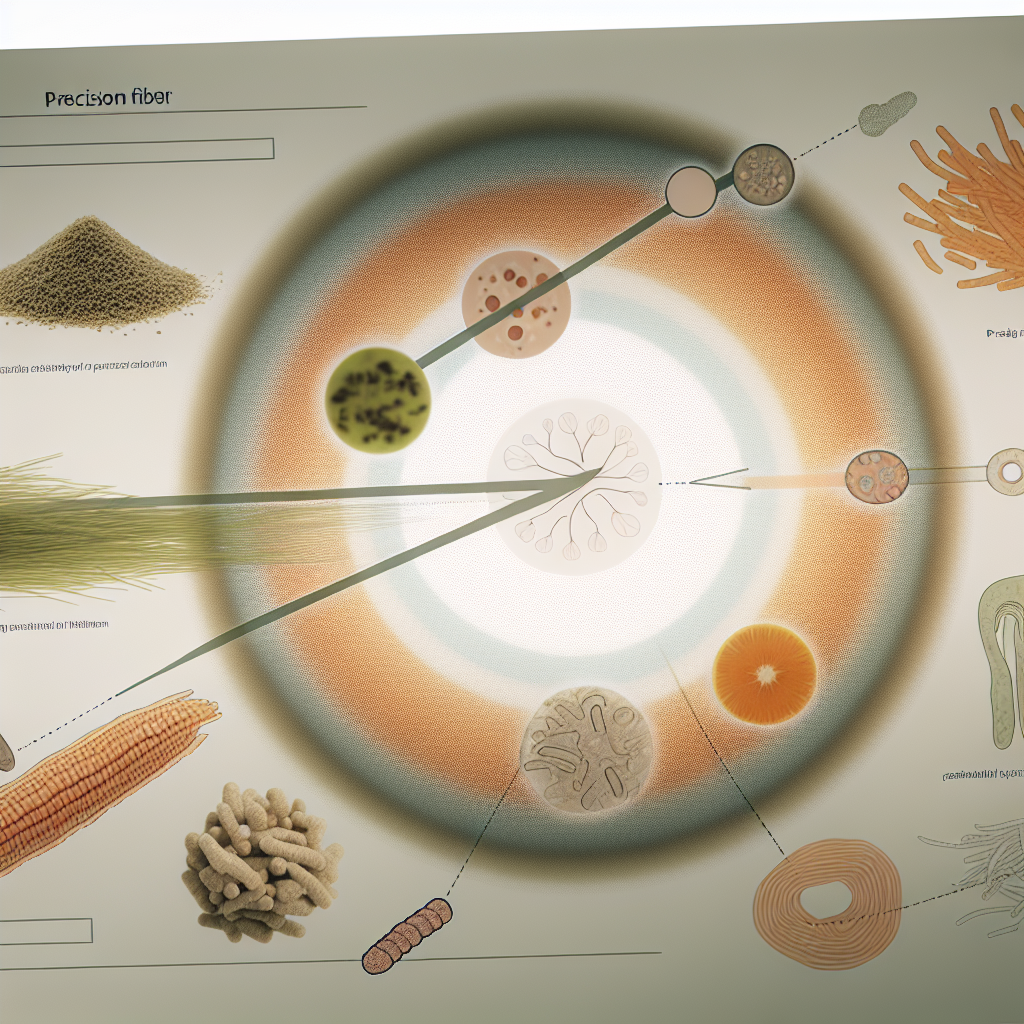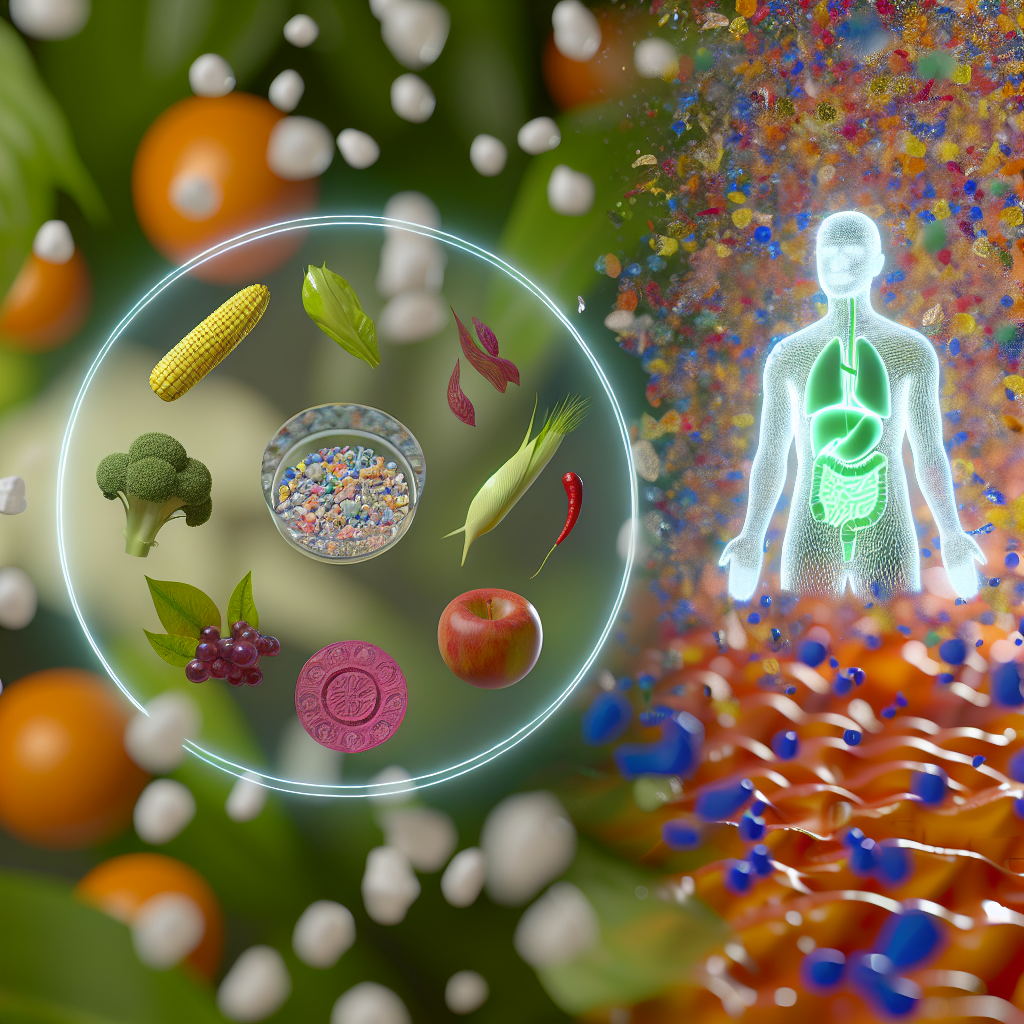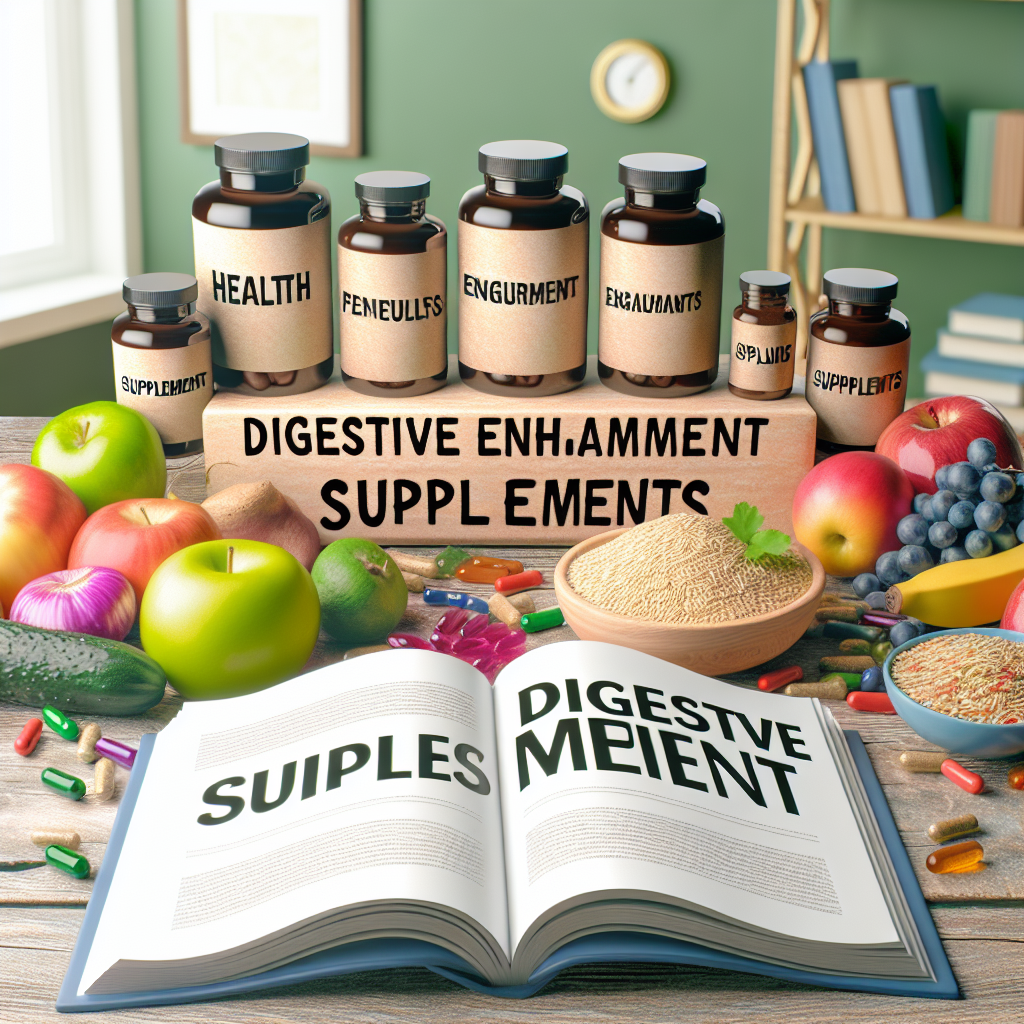# Healing Foods for Gut Health: 30 Therapeutic Ingredients to Restore Your Digestive Wellness
Why Gut Health Is the Key to Overall Wellness
In recent years, gut health has emerged as a cornerstone of overall well-being. Research continues to illuminate the profound impact of the gastrointestinal system on immunity, mental clarity, weight management, and even chronic disease prevention. With more individuals seeking natural ways to improve their digestive system, the focus has shifted toward dietary habits and specific healing foods that not only nourish but also restore the microbiome — the diverse community of bacteria living in our digestive tract.
The human gut is home to trillions of microbes, and maintaining a balanced microbiome is crucial for optimal digestive function, nutrient absorption, and immune defense. The Standard American Diet (SAD) high in sugar, processed foods, and unhealthy fats can severely disrupt this balance, leading to inflammation, leaky gut syndrome, dysbiosis, and various gastrointestinal disorders including IBS, Crohn’s disease, and chronic bloating.
Fortunately, food itself can serve as a powerful remedy. Natural and herbal foods have been used across cultures for centuries to heal the gut. Today, modern science is unpacking how certain whole foods and herbs contain specific antimicrobial, anti-inflammatory, and prebiotic properties that support digestive rejuvenation.
The Science of Gut-Healing Foods: What the Experts Say
Numerous studies in recent years have validated the impact of specific foods and herbs on gut microbiota balance and overall gastrointestinal health. For instance, a study published in Cell Host & Microbe found that dietary fiber directly feeds good bacteria in the gut, helping to reduce inflammation system-wide by promoting the production of short-chain fatty acids like butyrate, which maintain the integrity of intestinal lining ([source](https://www.cell.com/cell-host-microbe/fulltext/S1931-3128(15)00322-1)).
Fermented foods, such as kefir, sauerkraut, and miso, are another scientifically supported group known to populate the gut with live beneficial bacteria or probiotics. Research from Frontiers in Microbiology demonstrated that consumption of traditional fermented foods helps increase the diversity and richness of gut microbiota, essential for healthy digestion and immune modulation ([source](https://www.frontiersin.org/articles/10.3389/fmicb.2019.01404/full)).
Herbs like ginger and turmeric have also been widely studied for their digestional support properties. A publication in the World Journal of Gastroenterology highlighted ginger’s ability to enhance gastrointestinal motility and alleviate indigestion and bloating, which can benefit patients with functional dyspepsia ([source](https://www.ncbi.nlm.nih.gov/pmc/articles/PMC4369959/)). Similarly, curcumin—the active compound in turmeric—has been shown in clinical trials to reduce gut inflammation via downregulating pro-inflammatory cytokines, useful in managing IBD symptoms like diarrheal flare-ups and abdominal discomfort ([source](https://www.ncbi.nlm.nih.gov/pmc/articles/PMC5664031/)).
Slippery elm, marshmallow root, and licorice root—three traditional herbal remedies—are classed under demulcents, substances that form a soothing film over mucous membranes. According to data from the Journal of Alternative and Complementary Medicine, these herbs can effectively protect the gut lining in conditions like leaky gut and GERD by reducing irritation and boosting mucosal defenses ([source](https://www.liebertpub.com/doi/10.1089/acm.2010.0073)).
Furthermore, polyphenols found in berries, green tea, and olive oil have demonstrated prebiotic-like effects, promoting the growth of beneficial bacteria and inhibiting harmful strains. Studies in the Nutrients journal report that grape polyphenols modulate microbial balance and positively influence gut-brain communication ([source](https://www.ncbi.nlm.nih.gov/pmc/articles/PMC7071223/)).
Together, these findings support the growing consensus that food is indeed medicine, especially when it comes to healing the gut.
Top 30 Gut-Healing Foods You Should Add to Your Diet
1. Bone Broth – Loaded with collagen and glutamine, supports intestinal lining healing.
2. Sauerkraut – Natural probiotic that enhances gut flora.
3. Kefir – Fermented dairy rich in probiotics and vitamins.
4. Kimchi – Spicy fermented cabbage with anti-inflammatory effects.
5. Ginger – Calms digestive tract, helps relieve nausea and bloating.
6. Turmeric – Reduces inflammation and enhances bile flow.
7. Slippery Elm – Forms mucilage to coat and soothe the digestive lining.
8. Marshmallow Root – Heals and protects gut mucosa.
9. Licorice Root (DGL) – Promotes mucous production and reduces inflammation.
10. Aloe Vera Juice – Soothes and hydrates digestive tissues.
11. Artichoke – High in prebiotic fiber, supports liver and bile production.
12. Chicory Root – Rich in inulin, a prebiotic fiber feeding good bacteria.
13. Jerusalem Artichoke – Another inulin-rich prebiotic source.
14. Miso – Fermented soybean paste with potent enzymes.
15. Tempeh – Fermented soy product with both prebiotic and probiotic capabilities.
16. Pumpkin Seeds – Zinc-rich and antiparasitic.
17. Papaya – Contains digestive enzymes like papain.
18. Pineapple – Rich in bromelain for protein digestion.
19. Fennel Seeds – Relieves bloating and supports motility.
20. Cabbage Juice – Contains glutamine, good for gut lining repair.
21. Asparagus – A natural prebiotic feeding good bacteria.
22. Onions – Contain fructooligosaccharides beneficial to microbiota.
23. Garlic – Antibacterial and prebiotic properties.
24. Green Tea – Polyphenols strengthen microbial diversity.
25. Blueberries – Rich in gut-nourishing antioxidants.
26. Olive Oil – Supports microbial health via polyphenols and monounsaturated fats.
27. Yogurt (with live cultures) – Reinforces gut flora.
28. Beets – Support bile flow and liver detoxification.
29. Coconut Oil – Antifungal and antimicrobial agents like lauric acid.
30. Apple Cider Vinegar – May enhance stomach acid and promote digestion.
Final Thoughts: Begin Your Gut-Healing Journey
A healthy gut is not only essential for digestion but also foundational for whole-body wellness. By introducing a variety of therapeutic, natural ingredients into your diet, you can help balance your microbiome, regulate inflammation, and nurture your intestinal lining. These 30 healing foods offer a roadmap to better digestive health without resorting to pharmaceutical interventions. Start small, listen to your body, and embrace the ancient wisdom backed by today’s science. Truly, healing begins in the gut.
Summary:
This article explores the importance of gut health and the top 30 therapeutic foods that can help restore digestive wellness. It delves into the science behind how certain natural ingredients like ginger, turmeric, fermented foods, and prebiotics can support a balanced microbiome, reduce inflammation, and heal the gut lining. By incorporating these healing foods into your diet, you can take a proactive approach to improving overall wellbeing without relying on medications.
References:
1. [Dietary Fiber-Induced Improvement in Gut Barrier Function Is Mediated by the Short-Chain Fatty Acid Receptor GPR43](https://www.cell.com/cell-host-microbe/fulltext/S1931-3128(15)00322-1)
2. [The Impact of Fermented Foods on the Gut Microbiome](https://www.frontiersin.org/articles/10.3389/fmicb.2019.01404/full)
3. [Ginger in gastrointestinal disorders: A systematic review of clinical trials](https://www.ncbi.nlm.nih.gov/pmc/articles/PMC4369959/)
4. [Curcumin: A Review of Its’ Effects on Human Health](https://www.ncbi.nlm.nih.gov/pmc/articles/PMC5664031/)
5. [Demulcents, Probiotics, and Prebiotics for Persistent Encopresis in Children](https://www.liebertpub.com/doi/10.1089/acm.2010.0073)
6. [Gut Microbiome Modulation of the Aging Process: Implications for Alzheimer’s Disease Pathogenesis](https://www.ncbi.nlm.nih.gov/pmc/articles/PMC7071223/)

Dominic E. is a passionate filmmaker navigating the exciting intersection of art and science. By day, he delves into the complexities of the human body as a full-time medical writer, meticulously translating intricate medical concepts into accessible and engaging narratives. By night, he explores the boundless realm of cinematic storytelling, crafting narratives that evoke emotion and challenge perspectives.
Film Student and Full-time Medical Writer for ContentVendor.com



